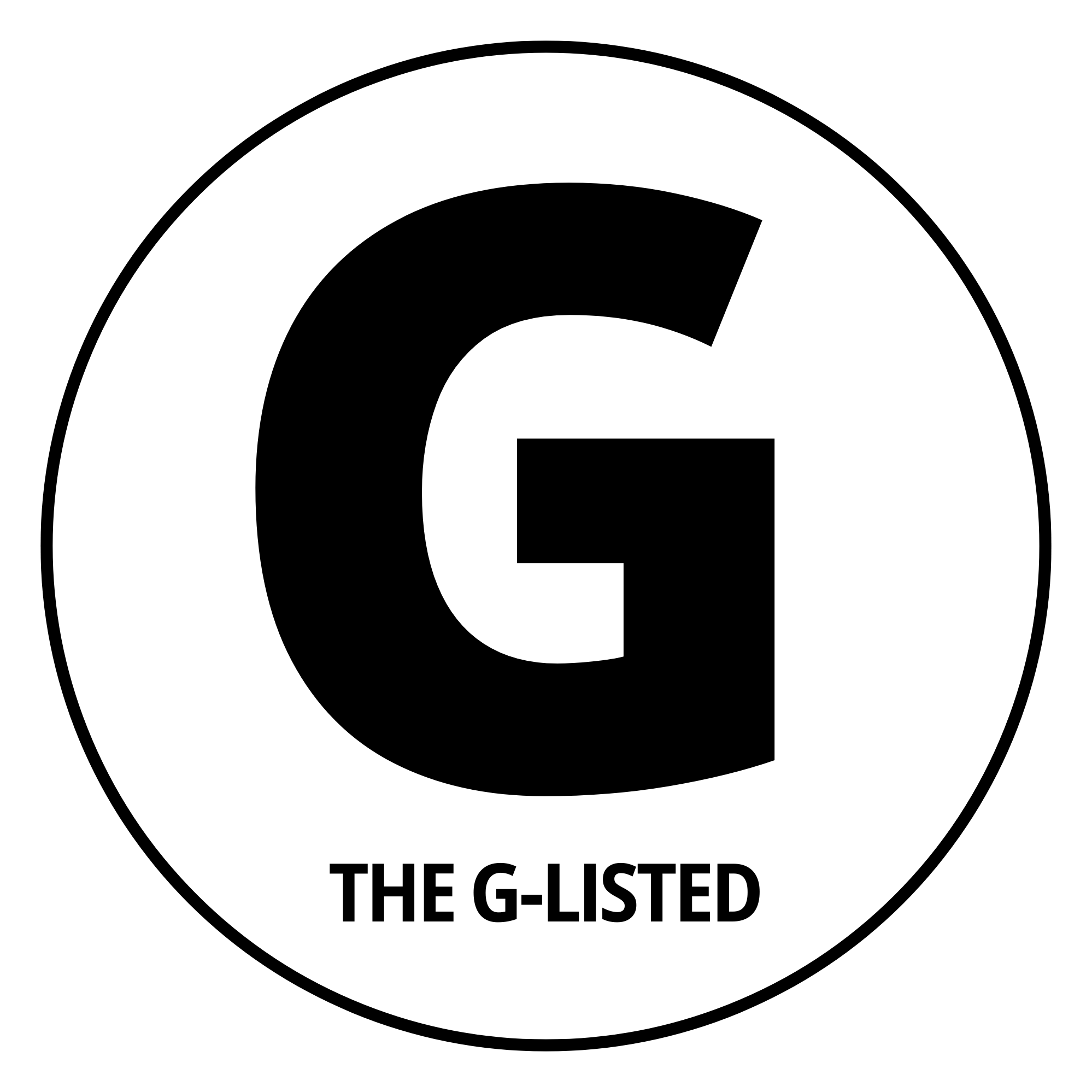We’ve all seen it. The man who once lit up the room now dimmed by addiction. The friend who had so much going for him, slowly disappearing behind the glow of party favors. The Instagram story that looked fun Saturday night turning into a quiet silence by Tuesday. There’s a deepening pattern in our community, and it’s time we stop looking the other way.
Let me be real with you. I’ve been around long enough to remember when the club scene was our sanctuary—when we didn’t just dance to escape, we danced to survive. We found joy in the margins, turned pain into rhythm, and held each other up when no one else would. But somewhere in the mix, some of us started using more than beats to cope. It crept in as a weekend escape, and for some, it turned into a full-time war.
This ain’t judgment. This is concern. I care about you. I care about us. And if I didn’t speak on this, I’d be part of the problem. Because too many of us are chasing highs that come with crashes we don’t walk away from. So this is for the gay men—especially my Black brothers—who might be tiptoeing that line or watching someone they love cross it.
Let me tell you something personal. Over the years, I’ve met some of the kindest, brightest, funniest people in our community—real souls with light in them. You’d never guess they were struggling. One brother used to organize food drives and always made sure folks with no family had somewhere to go on holidays. He passed unexpectedly. Cause? An overdose.
Another? A soft-spoken man with a sharp fashion sense and a heart that broke for stray cats. We’d bump into each other at art shows, day parties, and the gym. His smile could melt tension off your shoulders. I found out he was gone through a GoFundMe link. Meth. Another crash. I didn’t even know he used.
I share this not to shame them, but because it taught me something sobering: drug use doesn’t always look like the stereotype. It hides behind good jobs, clean fits, and curated online personas. And by the time some of us find out, it’s already too late.
Let’s talk facts, not fear. There’s been a steady rise in recreational drug use—especially stimulants and dissociatives—among gay men, particularly Black gay men, and especially during sex. “Party and play” culture isn’t new, but the normalization of it has reached new levels. Chemsex. G. Tina. Molly. Poppers. Coke. X. Some of y’all mixing all of them in one night and calling it “just vibes.” The thing is, that cocktail doesn’t always let you clock out.
And let’s not pretend we don’t know why. Some of us are numbing old wounds. Some are chasing confidence we can’t seem to find when we’re sober. Some are trying to keep up with friends or expectations. And some just wanna feel wanted, even if only for a few hours. The temptation is real. But the fallout? That’s where the truth shows up.
I know what you might be thinking. “It’s not that serious.” “I’ve got it under control.” “I only do it when I’m out.” Okay. But what happens when “out” becomes every weekend? Or every hookup? What happens when your sleep is off, your work starts slipping, or your friends start pulling back? What happens when you start losing people, including yourself?
Here’s what I want you to consider:
1. Audit your circle.
Who are you hanging with? What do y’all consider “fun”? If the crew can’t kick it without substances, that’s not a friendship—it’s co-dependence. Your people should bring you peace, not peer pressure.
2. Ask yourself why.
Before you pop or puff, ask what you’re trying to avoid or chase. Be honest. If the answer is loneliness, shame, or performance anxiety, there are healthier ways to work through that. Therapy. Brotherhood. Community.
3. Reclaim your highs.
There are natural highs waiting for you. Travel. Creating art. Getting strong at the gym. Walking into a room knowing you’re loved and respected. Sex that actually means something. Joy that doesn’t require a dealer or a drop-off.
4. Know your risks.
Mixing drugs—especially with sex and alcohol—amplifies your chances of overdose, STIs, and mental health spirals. Your brain, your body, and your spirit are too valuable to treat like an afterthought.
5. Learn how to say “I’m good.”
Not everything offered to you is for you. Boundaries are sexy. Self-preservation is power. And anyone who clowns you for staying sober ain’t your friend—they’re your mirror. And you don’t owe them a damn thing.
6. Be the friend who says something.
If you see a loved one spiraling, don’t stay silent. Speak from love. Be kind, not condescending. But say something. You might be the only one who ever does.
This isn’t about being perfect. It’s about being aware. It’s about living long enough to see the things you’ve worked so hard for. It’s about loving yourself enough to know that you don’t need enhancements to be enough. You already are. And if nobody’s told you today—you are worth protecting. Even from yourself.
I wish I could go back and tell some of those brothers I lost, “You don’t have to do this to feel loved.” I wish they’d felt safe enough to reach out. I wish someone closer to them had noticed the signs. I wish more of us would stop romanticizing substance use as just another layer of gay culture. We deserve better than that.
If you’re struggling, don’t wait. Talk to someone. If you don’t feel seen, speak up. If you see a brother hurting, check in. Our community has always been strongest when we show up for each other—not just when it’s fun, but when it’s hard. That’s what love really looks like.
Let me know what you think about this post. What additional gems would you drop on this topic? Drop it in the comments and tag a friend who enjoys topics like this!


